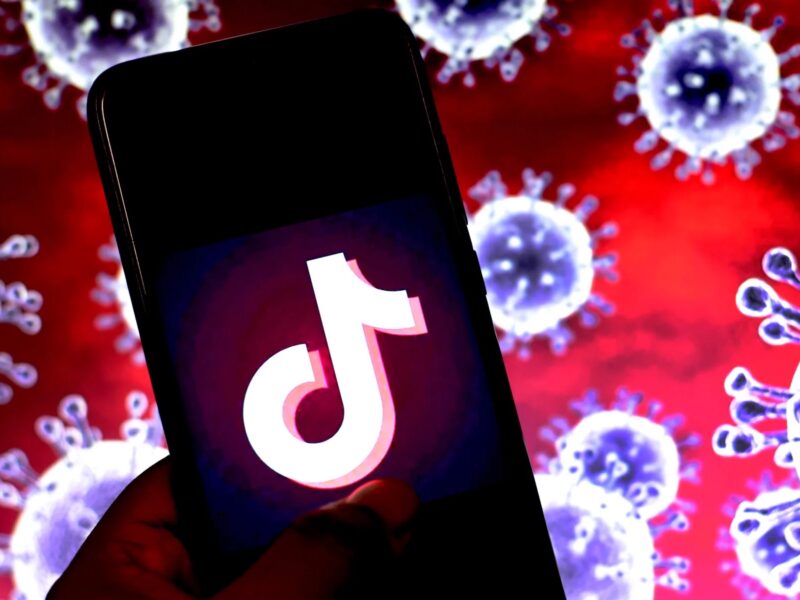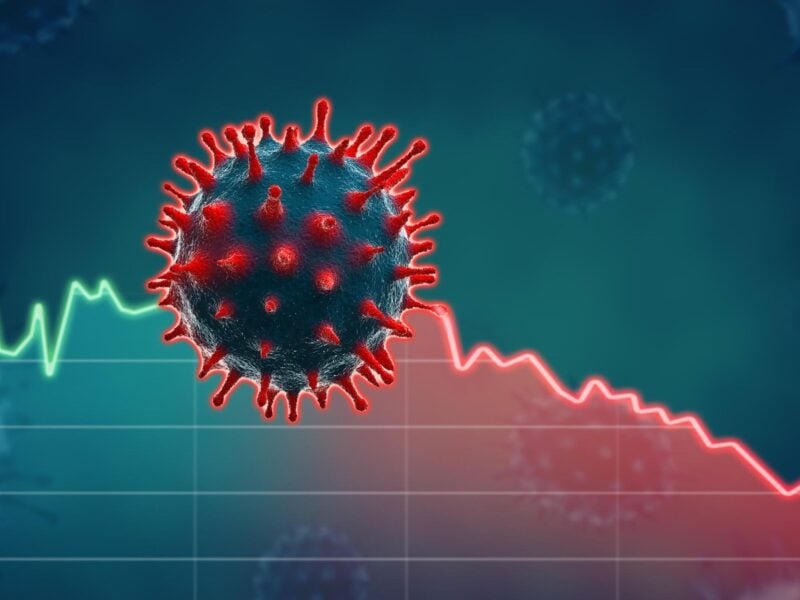
Is the AstraZeneca coronavirus vaccine unsafe? Understand the risks
Today, we’ve learned that a growing number of European countries have suspended the emergency use of the coronavirus vaccine produced by AstraZeneca over reports of dangerous blood clots in some of the recipients. While both the company and international regulators have claimed that these symptoms are not an evident result of the shot, countries like Germany, France, Italy, and Spain have opted to play it safe.
While the AstraZeneca coronavirus vaccine is currently not being given in the U.S., it is still a top vaccine in many other European countries, which is why there is some growing concern over the speculation that this vaccine may indeed produce blood clots as a side effect. However, the World Health Organization, as well as the European Medicines Agency, suggest that there’s no current data that proves it.

Throwing away your shot
Denmark was the first country to suspend the use of the coronavirus vaccine developed by AstraZeneca last week after multiple reports came in involving some of its recipients getting blood clots. One patient, in particular, developed multiple blood clots, and tragically passed away ten-days after getting the initial shot.
Danish health authorities immediately stepped in, suspending all use of the AstraZeneca coronavirus vaccine for up to two weeks while these cases were investigated. They even gave the following statement: “At present, it cannot be concluded whether there is a link between the vaccine and the blood clots.”
Following suit was the Congo, Thailand, Norway, Iceland, and Bulgaria, all suspending the coronavirus vaccine manufactured by AstraZeneca as a precautionary measure. Last Saturday, Norwegian health authorities had reported that four different people, all under the age of fifty, had an unusually low number of blood platelets after getting the AstraZeneca coronavirus vaccine.

Is the vaccine responsible?
Currently, the European Medicines Agency claims that there’s “no indication that the vaccine has caused these conditions”. In fact, the EU regulator says that the number of reports concerning blood clots in people who have gotten the coronavirus vaccine is no higher than those who hadn’t yet gotten the shot.
In Britain alone, nearly 11-million doses of the coronavirus vaccine produced by AstraZeneca have been administered, which is more than any other country. There, only eleven people who have gotten the vaccine have developed blood clots, in which none of those cases were proven to be due to the coronavirus vaccine.

Why the U.S. dodged this
Today, there are only three vaccines that are being used to fight the spread of the coronavirus in the U.S., and none of them are by AstraZeneca. The first vaccine was developed by Pfizer-BioNTech, first administered in the U.S. at the end of 2020. The second vaccine to fight COVID-19 was developed by Moderna, which was also first given to those defined as “high exposure risks” last December.
Both of these coronavirus vaccines are estimated to fight the coronavirus with an effectiveness rate of over 93%. However, both vaccines currently require two separate doses, with each needing several weeks in between to build the proper antibodies for protection against the deadly disease.
In February, the FDA approved a third coronavirus vaccine, this time developed by Johnson & Johnson. This vaccine, while not as efficient as Pfizer & Moderna, is said to have an effectiveness rate of over 85%, and requires only a single shot. The CDC finally gave the green-light to this third vaccine only a couple of weeks ago, and it is currently being implemented in multiple countries.
—
What are your thoughts regarding the current vaccination process? Have you been vaccinated yet, and if so, which one did you get? Do you know anyone that has gotten the coronavirus vaccine by AstraZeneca? Comment below and let us know.







